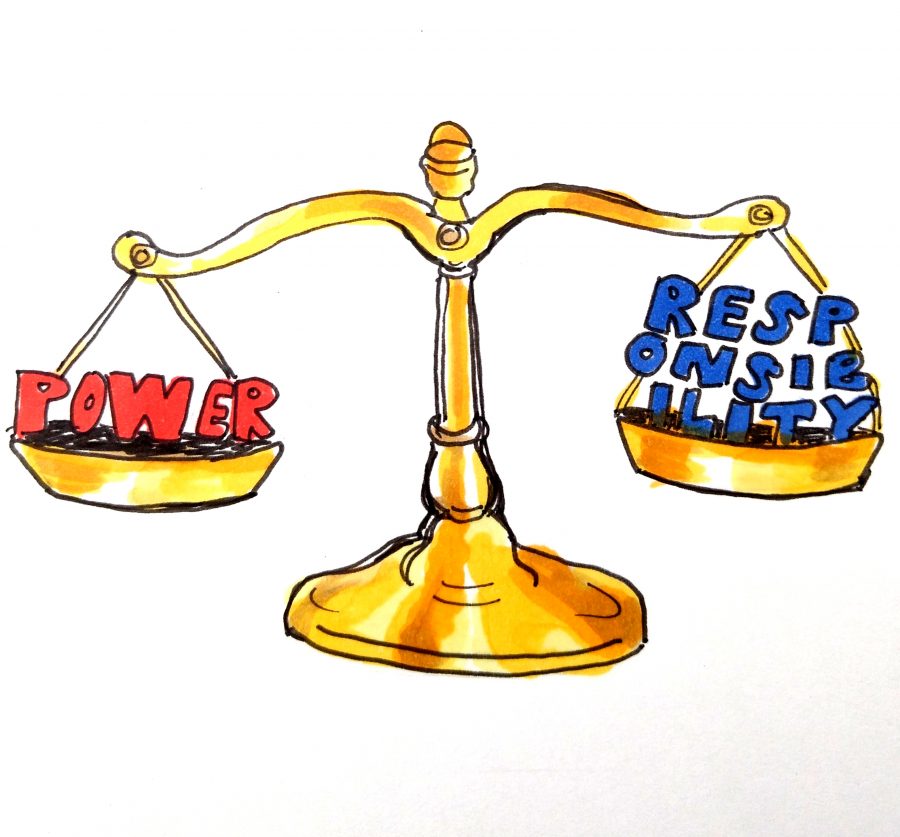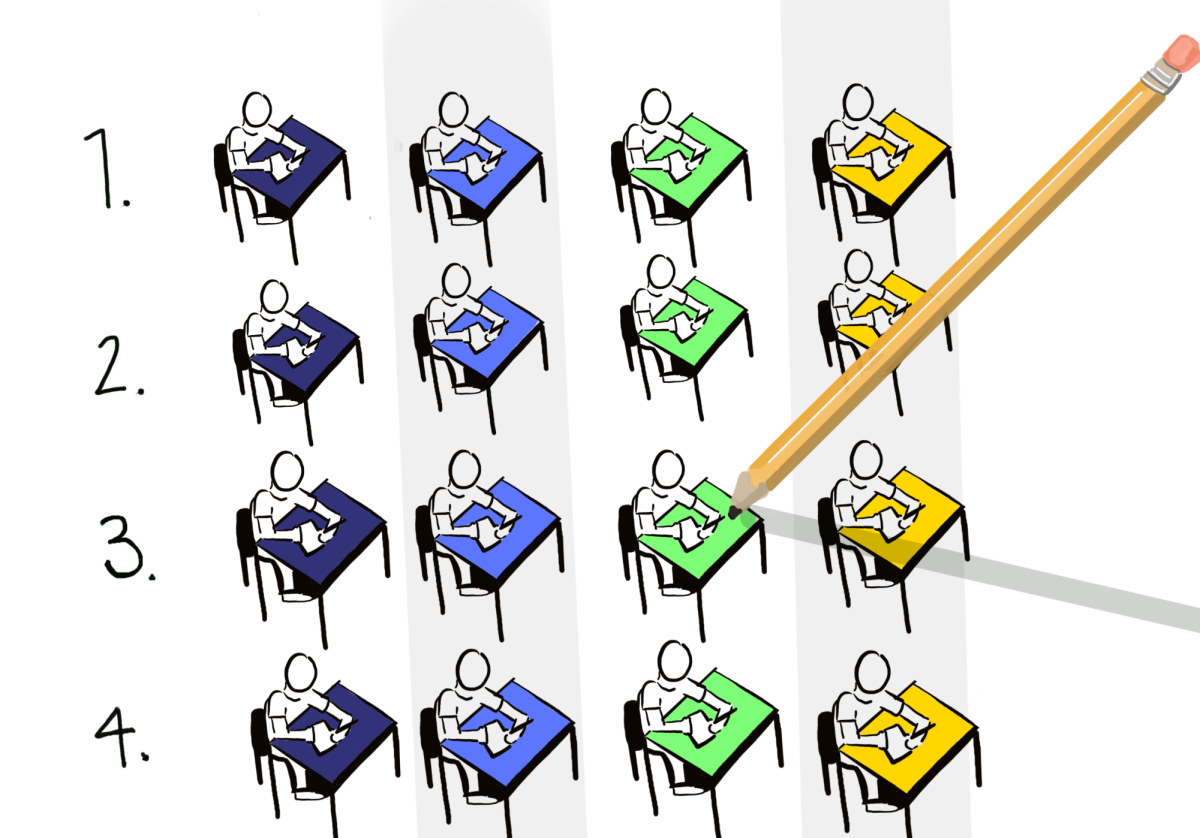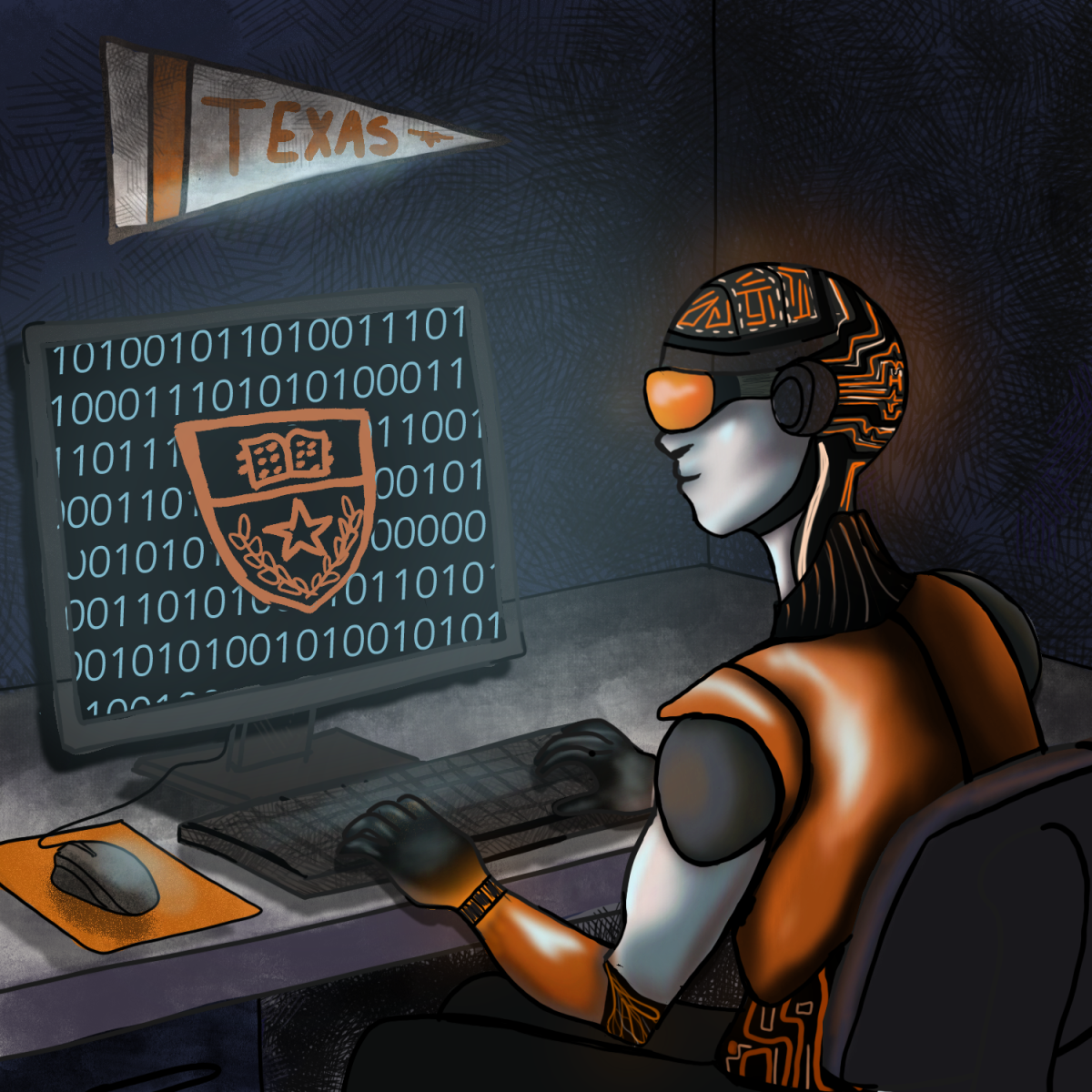The framers of the U.S. Constitution wrote it upon the principles of separation of powers and of checks and balances. These two legal frameworks prevent the consolidation of power and the confounding of different types of authority. The UT administrative framework should function in a manner that does the same. The University president should not have power of adjudication — for both legal and more practical reasons, such as public perception.
Good governance relies on avoiding the allocation of legislative, executive and judicial authority to a single entity. In order to promote fairness and justice, these powers should remain separate in both implementation and mode. The U.S. president doesn’t decide court cases, legislators don’t command the military and the Supreme Court doesn’t write legislation. By keeping each branch’s duties mostly discrete, the government keeps itself from abusing power.
UT’s president reserves appellate authority in student proceedings, serving as the final say in matters of student disputes that could result in a suspension. Three problems arise from that method of appeal: People question the independence and impartiality of the president, distractions arise that detract from other work and the president assumes liability for any decision he or she makes in that capacity.
Inserting the president at the top of the judicial ladder also defeats the purpose of entrusting authority to those who specialize in student adjudication. UT has a Title IX coordinator, deputy Title IX coordinators, investigators and hearing officers who “receive training each academic year about offenses, investigatory procedures, due process requirements, conducting a hearing and University policies related to or described in this policy.” Although a university president may be well-enough equipped to handle Title IX issues and other disciplinary matters, usurping the power of officials already active in that capacity does not make legal or financial sense and eats up time the president could spend on a myriad of other issues at a large university.
The UT president is synonymous with the university, embodying our values and accomplishments. A university president thus personifies a particular school. It makes sense, then, to attempt to remove the president from controversy if possible. Placing the UT president in the midst of Title IX investigations causes those decisions to overshadow much of everything else he or she may accomplish, such as the advancement of interdisciplinary collaboration and the furthering of student learning on campus. We saw this with the accusations that President Gregory Fenves overturned a university Title IX hearing and wrongfully suspended a student. Furthermore, relying on the president to settle claims pits the president against the government in instances where litigation comes about or policy changes are made at the state or federal level.
UT spokesman J.B. Bird said in an email that the “UT-Austin process, (in place) since the early 1970s, codifies the fact that the president has executive authority over disciplinary decisions. Different universities approach the appeals process in different ways, but it is almost universal for universities to have some sort of appeals process as part of their overall due process, including, at some universities, presidential appeals.”
For the sake of public image, liability and fairness, however, UT should change its policy. We shouldn’t let disciplinary proceedings encroach on the good work Fenves does for the UT community. Consequently, the University should entrust disciplinary action wholly to the entities that know it best. Federal judges don’t send their cases to the president’s desk, so why should UT’s hearing officers send theirs to Fenves?
Verses is a Plan II and environmental engineering freshman from San Antonio.





















